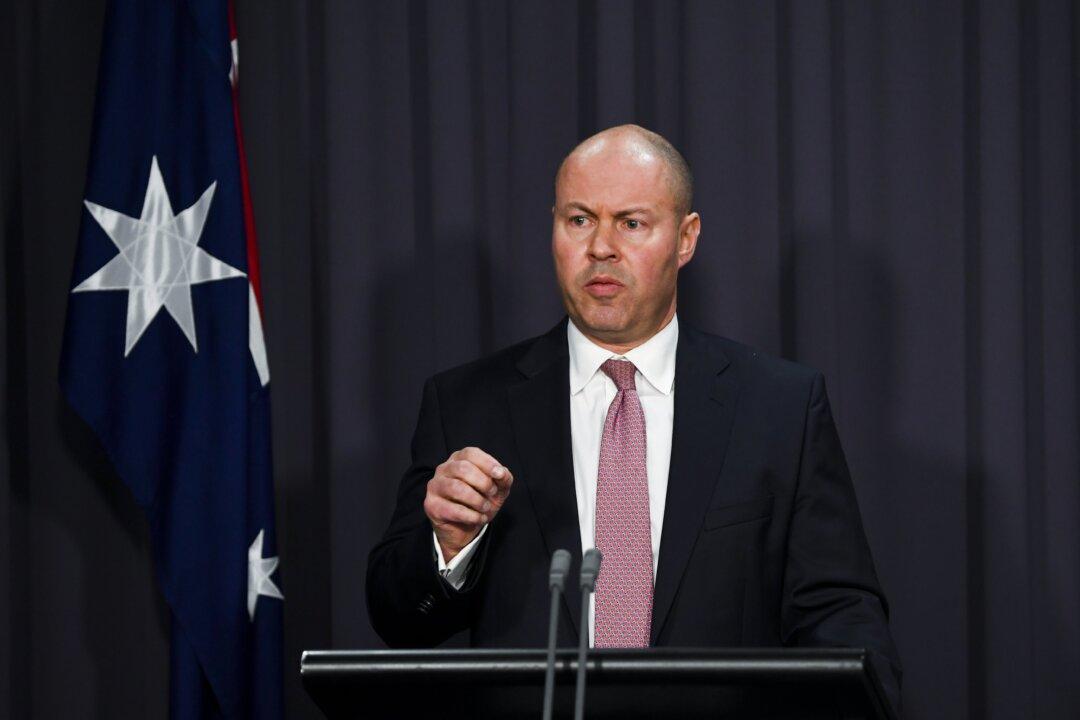While the Australian government has announced that it won’t mandate CCP virus vaccinations as a blanket policy, business owners in some industries might have options available.
“We have a broad principle with our vaccination program—that the vaccines are both free but they’re also voluntary,” Australian Treasurer Josh Frydenberg told Seven’s Sunrise program on Aug. 10.





